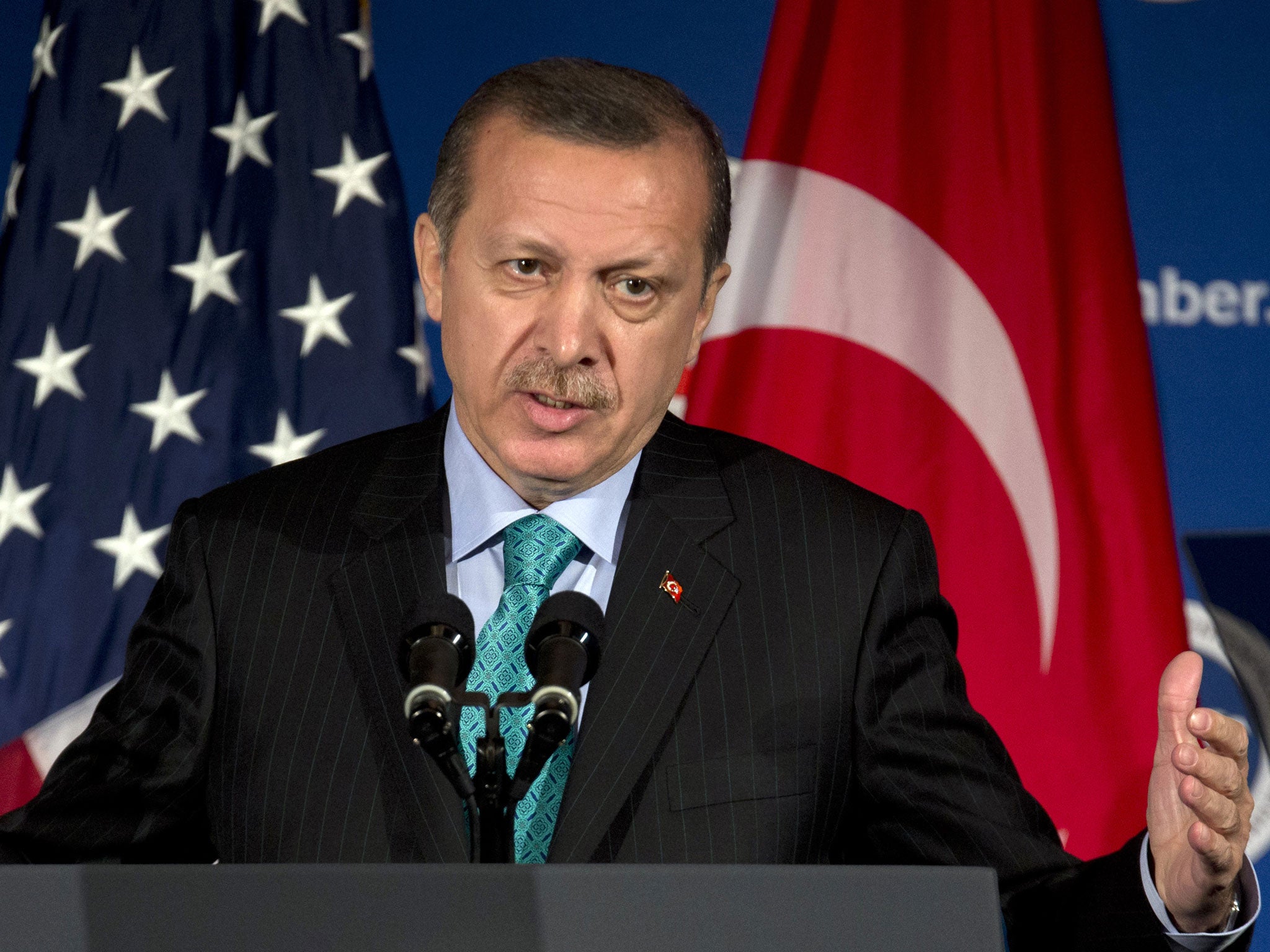Analysis: West learns to jaw not war on Syria as the country's civil war destabilises the region

Sunday’s reports that the Syrian conflict was spilling over into Lebanon can be taken as further evidence that the sectarian civil war is destabilising the region. There are also signs that the unending strife is pushing the two players who really matter, America and Russia, towards trying for negotiations and a ceasefire based on the Geneva Accord signed last June.
Recep Tayyip Erdogan, the Turkish premier received sympathy and words of support from Barack Obama, but no promise of drastic action against the Damascus regime when he went to Washington. His Israeli counterpart, Binyamin Netanyahu, was cautioned over continuing attacks in Syria by Vladimir Putin when the two met in Sochi last week. And there is far less talk now of military operations over Syria supposedly crossing the 'red line' on chemical weapons; even from the British and the French who had been more bellicose about the matter than the Americans.
President Assad now feels emboldened enough to declare, in his interview to the Argentinian newspaper, Clarin, that he was not going to step down and there was no point in talking with the rebels who were divided and disorganised.
In reality, Assad will negotiate if the Russians tell him to. He'll also have to go at some stage soon, he has too much blood on his hands. But it is also the case that however dreadful the Syrian regime is, there is a growing view in Europe and the US that it is preferable to an Islamist extremist takeover of the country. That too appears to be the way the mood is going in Tel Aviv; Efraim Halevy, a former head of Mossad, stated that Assad remains "Israel's man in Damascus". But then one should not be too surprised by the West and its allies making moral compromises for reasons of realpolitik.
Join our commenting forum
Join thought-provoking conversations, follow other Independent readers and see their replies
Comments